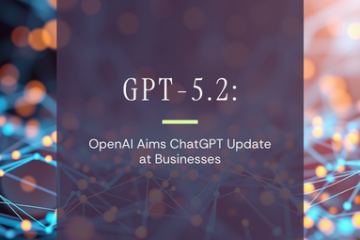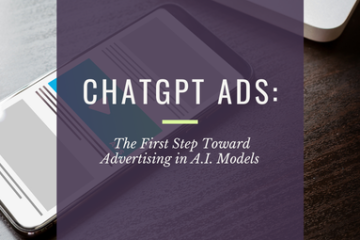
The Five Most Key Takeaways from This Blog Post
- The nature of the alleged collusion involves the widely used real-estate software platform RealPage. According to the U.S.A. D.O.J., many real-estate companies that used RealPages’ A.I. rent-price recommendation algorithm ended up setting prices that were above fair-market price. (What the fair-market price should be at any given time is, of course, subject to much debate among economists and, yes, real-estate companies.)
- In particular, it is RealPage’s product YieldStar that has been the subject of price-yielding concerns of governmental regulatory agencies. This product takes information that real-estate companies would usually wish to keep something of a lid on, such as particulars about rent and occupancy rates, and uses that info as data to form predictions about what the “best” rental rates to set would be.
- In the figurative eyes of the U.S.A. D.O.J., such price-hiking constitutes something like a collusive price-fixing conspiracy among real-estate companies.
- RealPage’s defense is that the platform’s pricing suggestions are just that, suggestions, and that nobody forced the real-estate companies to set prices as such. (Although the writer of this blog imagines that blame-shifting to RealPage’s product’s recommendations is somewhat convenient for the real-estate companies that did end up profiting from setting above-fair-market-rent rents, off the recommendation of YieldStar.)
- If you are a business owner who happens to be involved in the real-estate industry, then you should certainly be aware of the pitfalls of this technology.
Making This Month’s Rent
To give more hopefully clarifying information about the D.O.J.’s case, the idea here is that giving landlords access to an algorithm that feeds on “confidential” (meaning, not publicly identifiable by an outside party, such as a potential or current tenant at a given apartment complex) data about rents and occupancy rates to spit out rent-price recommendation in return, encourages anti-competitive practices.
The data set the algorithm relies on includes other landlords’ confidential information. Since YieldStar is ultimately meant to increase profits from rent while keeping companies competitive in the real-estate market, such an algorithm will often see a solution in recommending that companies make more money–by increasing rent.
Such rent recommendations would probably be counterbalanced by other rent-recommendation platforms, but the fact of the matter is that the vast majority of real-estate companies in metropolitan areas use RealPage. So, they are all getting similar recommendations for prices.
Combine this (over)reliance on A.I. predictions with other trends like nationwide housing shortages that tighten the circle of people who can afford to be homeowners–and so, must be renters if they want to live indoors without squatting or couch-surfing–and declines in multifamily-property construction, and you get a real-estate market makes it all too easy to extract profits from renters–many of whom are spending well above the recommended 30% of income on rent.
The Computer Made Me Do It
The moral of the story here is that overreliance on A.I. in such sensitive areas as the pricing of a product or service can end up having a negative effect overall.
For effective use of A.I. among business owners, it is useful to know about the blind spots of A.I., such as a lack of common sense and emotions (which so often form the basis of ethical and moral behavior).
An algorithm is not magic, either. Tech companies like to pitch predictive A.I. as being oracularly insightful in areas like profit-boosting price-setting, but really it is just doing a lot of math very quickly.
So, do not take the recommendation of A.I. at face value: question it and investigate if necessary. Such questioning may end up making your business more competitive in a non-antitrust way.
(This section, of course, assumes that the person reading it would not salivate at the prospect of operating a business in a market where competitors are less likely to lower prices and so all companies can get away with coasting on higher prices overall.)
About the GO AI Blog
Guardian Owl Digital is a digital-marketing company that offers A.I. services through its initiative GO AI, which this blog is part of.
GO AI the blog offers a combination of information about, analysis of, and editorializing on A.I. technologies of interest to business owners, with especial focus on the impact this tech will have on commerce as a whole.
Of course, so many things–pretty much everything, really–can cause trends or even significant overhaul-level changes in the business world. For example, an article about government regulations on A.I. is relevant because such regulations directly affect the business world.
So, coverage of A.I.’s wide-ranging influence can indeed be relevant, as what wider-world changes A.I. influences can, in a roundabout way, likely affect businesses.
Other Great GO AI Blog Posts
On a usual week, there are multiple GO AI blog posts going out. Here are some notable recent articles:





